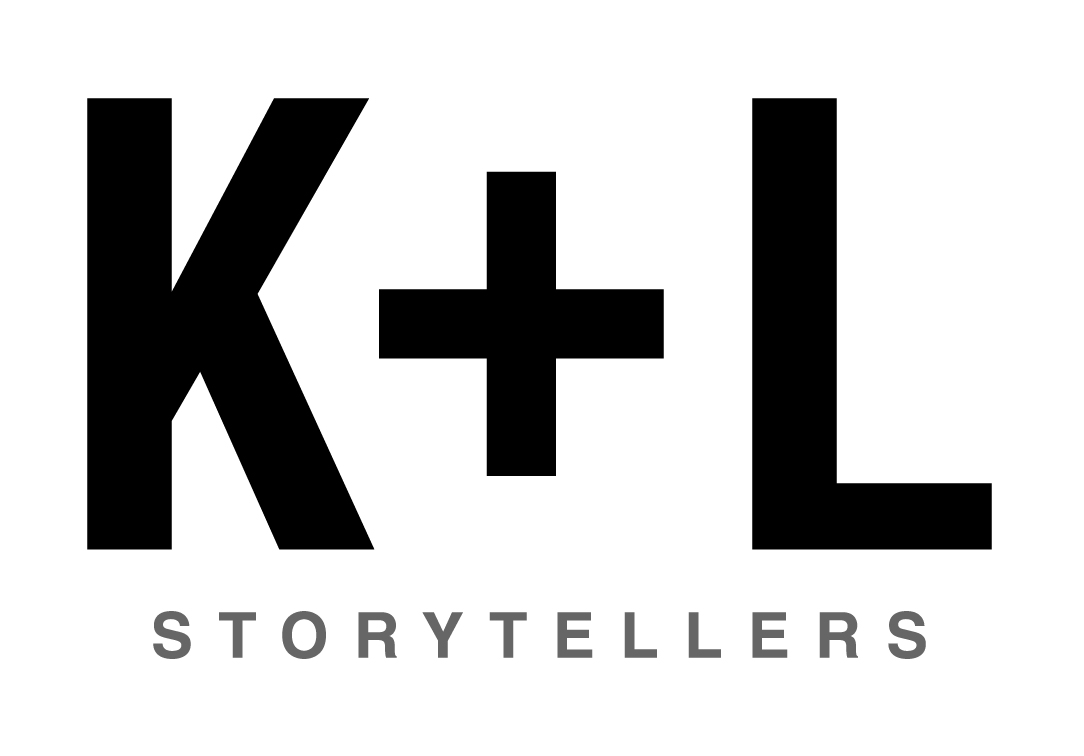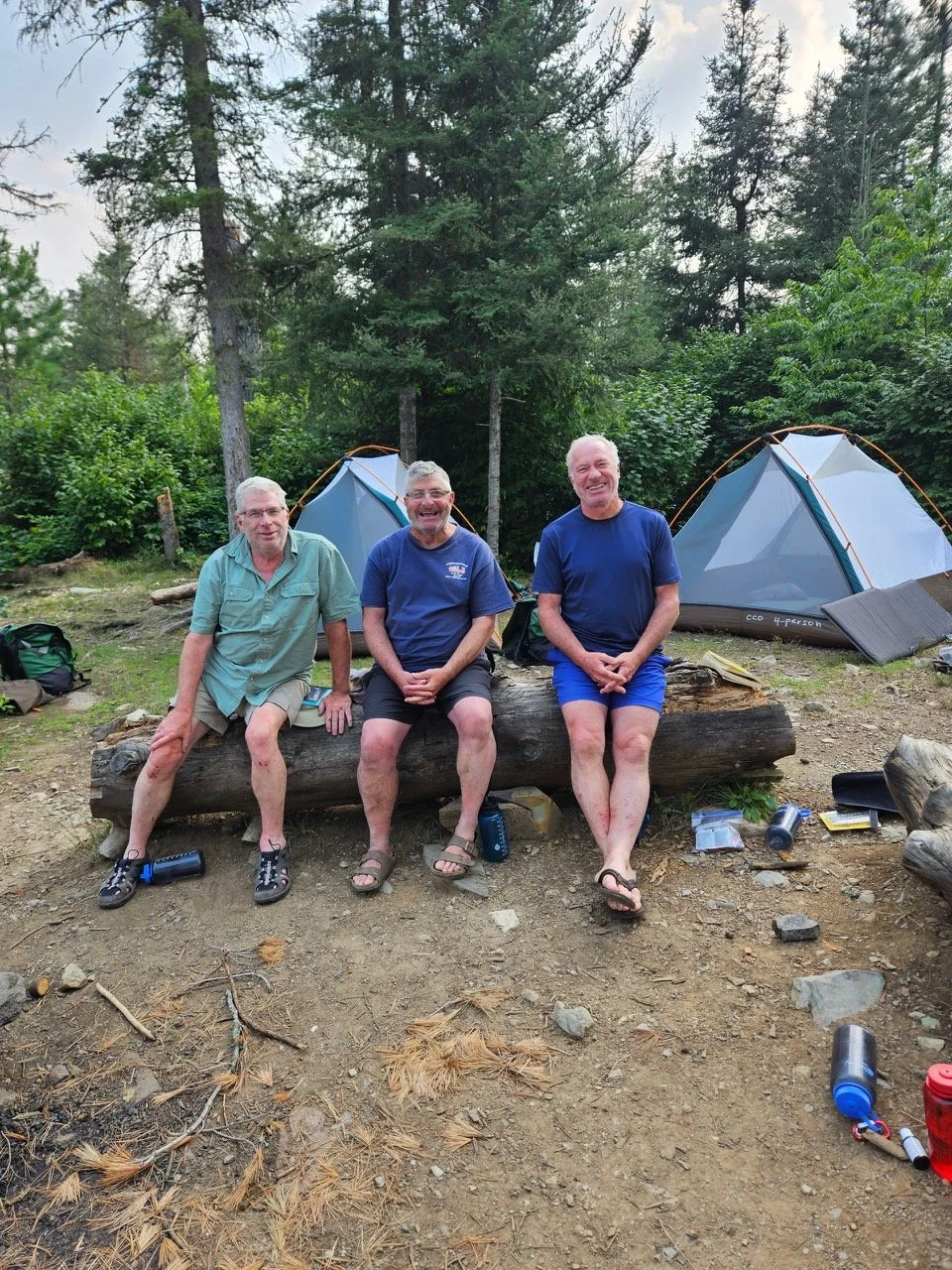Six Months Later, the Answer Is Clear
My brothers Dan (l) and Patrick (r) take a respite at a campsite midway through our week-long canoe trip this summer in the Boundary Waters Canoe Area of northern Minnesota.
"Can not may be a more civil phrase than will not, but the expressions are synonymous where there is no moral impossibility."
William Osbaldistone to his son Frank in Sir Walter Scott’s Rob Roy
Last March, I first wrote about the difference between can’t and won’t. I had just started training for the Shamrock Shuffle. At the time, running even a quarter lap around the track left me gasping for air and wondering if I had taken on something impossible. About to give up and saying “I can’t do this,” my wife, Michele, reminded me of a simple truth: “You can’t or you won’t?”
Since then, I’ve learned a lot about what we’re capable of when we decide to push through the “can’t” and reject the “won’t.”
This spring, I not only crossed the finish line at the 8K Shamrock Shuffle (18th of 30 in my age group), but I also completed Lincoln Park Zoo 5K. For someone who hadn’t run in 45 years, these races were more than three miles of proof that “can’t” was never the real answer.
Then came something bigger: a six-day expedition through the Boundary Waters Canoe Area of northern Minnesota with my two retired brothers, my oldest son Patrick and two nephews. Together we paddled more than 50 miles, crossed 25 portages totaling nearly three miles of gear-hauling, endured storms, fought headwinds and carried canoes through waist-deep water.
Well, the young guys carried the canoes.
The work was grueling, but it was also unforgettable. We started strong, fighting whitecaps into the wind on Lake One and Lake Two. By day three we were deep into the trip with no easy return route. We were rewarded with a campsite on Alice Lake, the only lake in the Boundary Waters with sandy beaches. Thank you Alice for giving us respite to soothe sore shoulders and skinned up shins.
But what really made the trip weren’t just the miles. It was the laughter, the mishaps,and the small moments that stitched the journey together.
Like when my brother Dan insisted on taking the stern one day. He and my nephew Brendan zigzagged across the lake so badly, they probably doubled the distance. Later, when reminded, Dan looked baffled and asked, “Why didn’t someone slap me?” We just laughed harder.
Or when my brother Patrick, our unofficial navigator, broke his glasses early in the trip. He spent the rest of the week with a one-lens monocle situation, leading to some creative map reading and “adventurous” detours.
Or the night a storm rolled in while we were playing cards. Tents half-zipped, packs scattered and then came thunder and a sky split by lightning. My Eagle Scout son Patrick jumped out of the tent and threw tarps over the tents just in time. The next morning, despite everything being soaked, he somehow got a fire going. Watching flames crackle out of damp logs felt like magic.
The portages tested us most. The longest was 232 rods (.72 miles). It was endless with waist-deep water, slick rocks and a narrow rocky path that took us up and down and through the woods.
By the end, we tallied more than 50 miles paddled, 25 portages completed and muscles we didn’t know we had. No moose sightings, but plenty of bald eagles, otters and beavers. And plenty of stories we’ll retell for years.
Too often in life and in business, we dress up “won’t” as “can’t.” We call things impossible when they’re simply uncomfortable. We retreat from challenges because they look daunting, not because they’re truly out of reach.
But here’s what I’ve found: the greatest rewards come when you refuse to accept “can’t” as the final answer. Whether it’s finishing an 8K after decades away from running, carrying canoes and packs through the Minnesota wilderness or tackling a new business challenge, the growth comes in the words and language you choose.
I don’t know what the next test will be. But I do know this: I can. I will.
And so can you.


